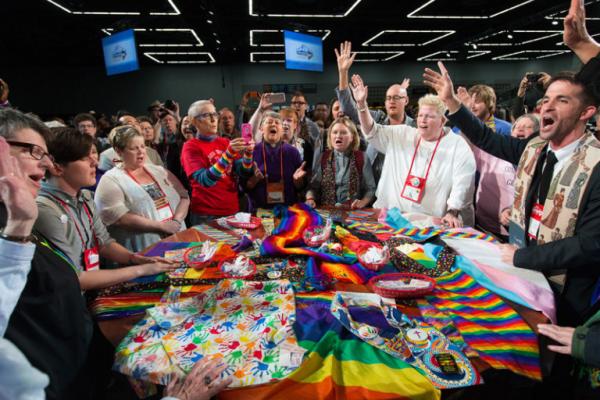May 23, 2016
While many evangelical church bodies have reiterated their “no” to homosexuality — and most mainline Protestant traditions have said “yes” — the United Methodist Church, which concluded its quadrennial meeting last week, remains as divided and muddled as ever.
Read the Full Article

Already a subscriber? Login
